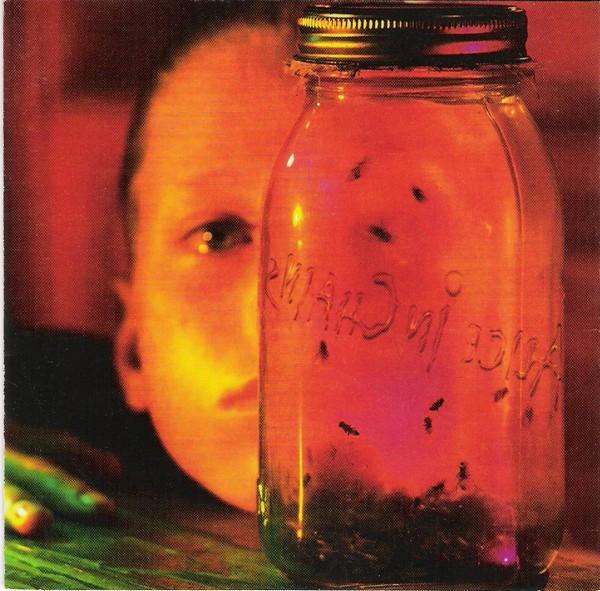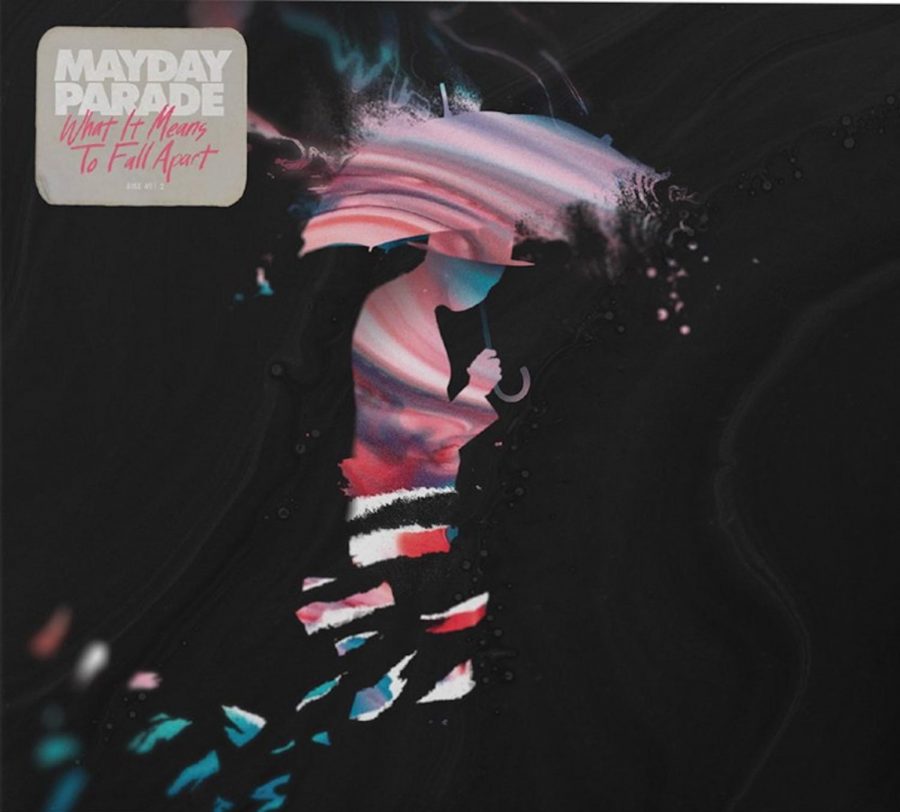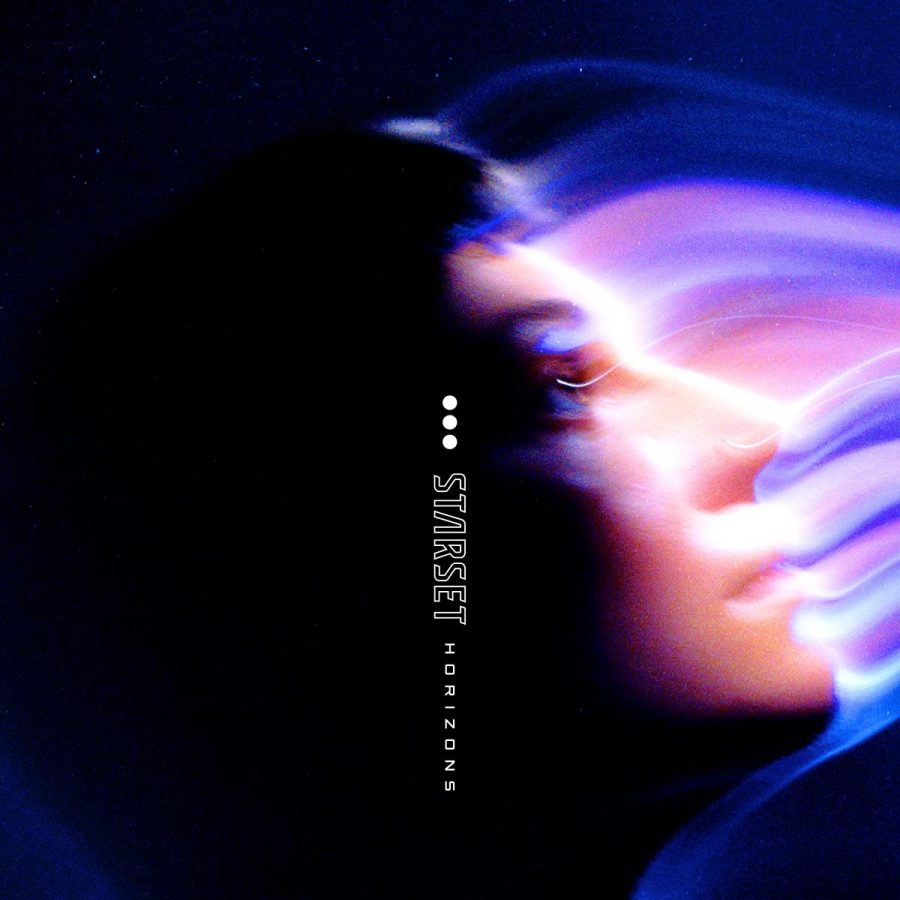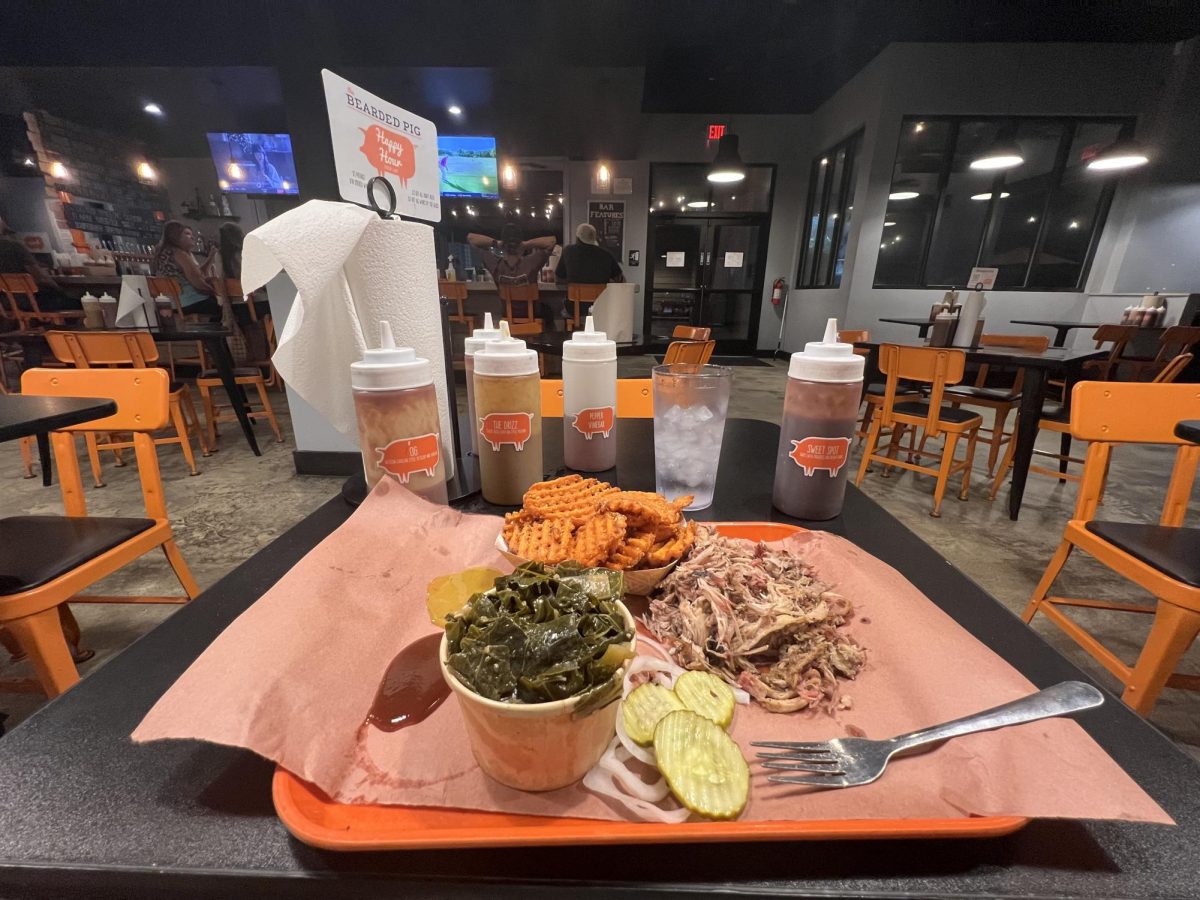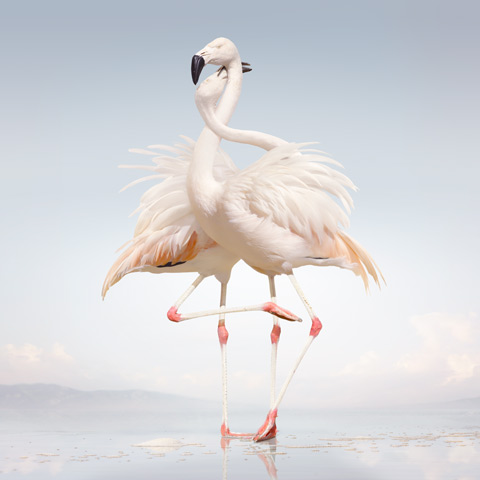
Photo courtesy Warp
EDM is bad for America. After years of ignoring electronic music, dismissing it as Euro-trash or soulless, repetitive tripe, the Land of the Free has finally embraced it in the worst possible way. Artists like Zedd, Avicii and a thousand other nameless imitators have flooded the radio and SoundCloud with formulaic, indistinctive dance tunes that value “the drop” above all.
This is very sad, because electronic dance music as we know it has its roots in two places, both of them here in the states: Chicago and Detroit. After the fall of disco, nightclub DJs in both cities pressed on and made innovations that led to the twin scenes of Chicago House and Detroit Techno. Neither genre took off here in the US but in Europe instead, which has always been more receptive to dance music. DJs and musicians adapted house and techno to suit their needs and now, after several decades and crucial innovations made by Daft Punk and their contemporaries, we have EDM which here materializes shamefully in the form of Calvin Harris and “Turn Down for What.”
Green Language, the new LP from Scottish producer Rustie, also known as Russell Whyte, is a perfect example of what the Europeans can teach us. He is the veteran of Glasgow’s eclectic club scene utilizing the modern EDM more creatively than anyone on our side of the Atlantic.
Critics hailed that his debut album Glass Swords, which was released in 2011, was a boundary-pushing dance record that joined aspects of mainstream convention and the breakthroughs of the underground. Similarly, Green Language combines many of Glass Swords’ best features in a new context, that of trap. Waka Flocka Flame’s Flockaveli codified a well-worn hip-hop subgenre in 2010, TNGHT redefined it as dance music in 2012, and Rustie just threw a new spin on it with his unique audio-visual aesthetic in Green Language.
The album begins with “Workship,” a vibe launching you into Rustie’s brightly colored universe, before “A Glimpse” shows us the stars in his sky. Then “Raptor,” in a moment comparable to “Globes” off his Glass Swords album, sends us into hyper drive. Like many other modern EDM tracks, the song moves at full tilt from the outset, yet its waves of electrifying synths and trap drums knock us back into our chairs without making us recoil. It’s a song that makes you want to wait for the drop, even when there’s no need.
Of the several features on the album, Detroit rapper Danny Brown’s is the best, yet none of them, including Brown’s blistering verse, are necessary in the slightest. At best they feel like afterthoughts and at worst they drag down what could have been an excellent instrumental.
Instead of the intense vibes normally found on an EDM track, “Velcro” gives us a happier tune to dance to, no voices required, and is by far the most enjoyable track on the album. Rustie allows a simple 8-note chiptune line to take front and center while building up and around it until he’s created a shimmering sugary jam, which could be featured in a video game. In fact, the song’s already soundtracked an Adidas ad, and would feel right at home in Wreck-it Ralph’s “Sugar Rush” segments.
For all its maximalism, Green Language never suffers from the bloat of other productions. In fact, Rustie places simplicity, excess, organization and chaos in direct harmony – a sort of electronic duality, a yin and yang. The closing title track illustrates this beautifully as a piano tune (order) plays over an ambient track of a jungle (wildness). This idea of duality is also represented on the album’s cover which features two pale white flamingos – wild animals – in a romantic, statuesque pose.
This also emphasizes one of the main ideas behind electronic dance music: it aims to foster community and love within listeners. As British house duo LFO stated on the “Intro” to their landmark album Frequencies, “In the future, we hope our music will bring everyone a little closer together. Gay, straight, black or white, one nation under a groove.”
If the aggressive, vapid tendencies of festival EDM have caused a schism, Green Language can bring everyone together again with a tongue we can all speak freely.




